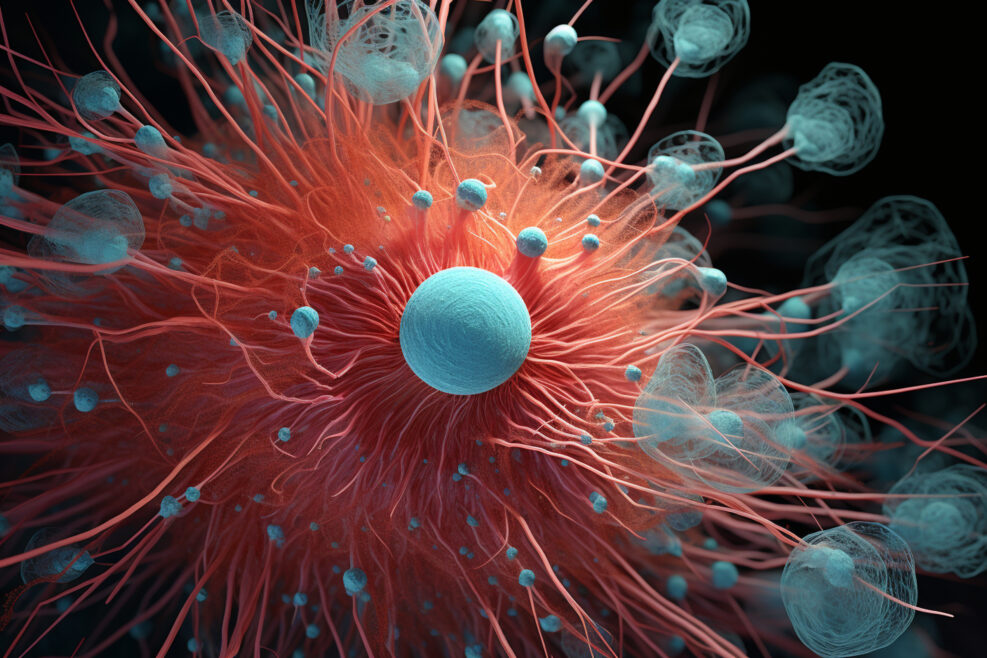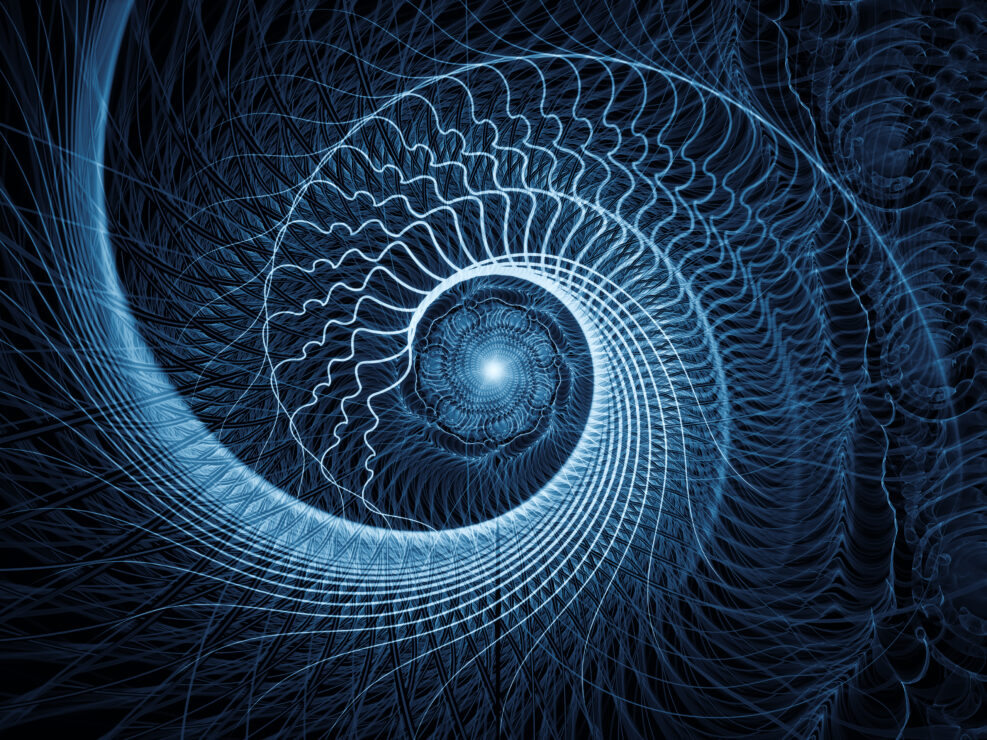
TagRoger Penrose (on consciousness)


Can Roger Penrose Explain Consciousness Through Physics?
The Nobel Laureate physicist makes clear that he only wants a theory of human consciousness if the explanation comes down to physics
A Neurosurgeon on Why Some People Function With Only Half a Brain
The study results are reassuring and they point to two larger truthsYesterday, we ran a story about a recent study in which 40 people who had half of their brains removed (hemispherectomy) as children — due to intractable epilepsy — did unexpectedly well on psychological tests. Some say that it’s easy to explain because the brain has so many redundant elements. But is that all we need to know? We asked pediatric neurosurgeon Michael Egnor for some thoughts on that approach and he replied: The means by which people with major parts of their brains removed maintain function are not understood. It’s nonsense to say, as some do, that “The brain is massively parallel and recursive and functions under network rules and laws.” That’s typical neuroscience gibberish. The fact is that Read More ›

The Physics of Consciousness: There IS Such a Thing?
There are no really good theories of consciousness but some physicists, including Roger Penrose, make a good stab at it. Jordan Peterson listensYes. Jordan Peterson talks to Roger Penrose about that: Dr. Peterson recently traveled to the UK for a series of lectures at the highly esteemed Universities of Oxford and Cambridge. This conversation was recorded during that period with Sir Roger Penrose, a British mathematical physicist who was awarded the 2020 Nobel Prize in Physics for “discovering that black hole formation is a robust predictor of Einstein’s general relativity.” Moderated by Dr. Stephen Blackwood. ___________ Chapters ___________ [0:00] Intro [1:00] Is Consciousness Computational? [3:20] Turing Machines [6:30] Determinism & the Arrow of Time [12:15] Consciousness & Reductionism [17:30] Emergent Randomness & Evolution [23:00] The Tiling Problem, Computation, & AI [29:30] Escher, Brains, Bach [39:00] Pattern Recognition & Intuition [45:30] Mathematical Representations Read More ›

Discussing Consciousness and the Mind-Body Problem
What does it even mean to be aware of something, to be conscious? Why do the vast majority of people only have one consciousness? Will computers ever experience consciousness? On this Bingecast, Dr. Robert J. Marks and Dr. Angus Menuge discuss these questions and more. Show Notes 00:01:36 | Introducing Dr. Angus Menuge 00:07:02 | Near-death experiences 00:10:32 | The Read More ›

Can Quantum Physics, Neuroscience Merge as Quantum Consciousness?
Physicist Marcelo Gleiser looks at the pros and cons of current theoriesPhysicist and astronomer Marcelo Gleiser offers some thoughts as to the light that quantum mechanics — as opposed to classical physics — can shed on consciousness. The problem, he thinks, is that both quantum mechanics and consciousness are mysteries. Adding two mysteries together doesn’t produce simple answers: The truth is that despite the tremendous success of quantum physics when it comes to its applications — the digital and nuclear technologies that define much of modern life — its interpretation remains uncertain, a target of heated debate among physicists. We know how to use quantum physics, but we do not know what it is telling us about the nature of reality. Marcelo Gleiser, “Can quantum mechanics explain consciousness?” at Big Think Read More ›